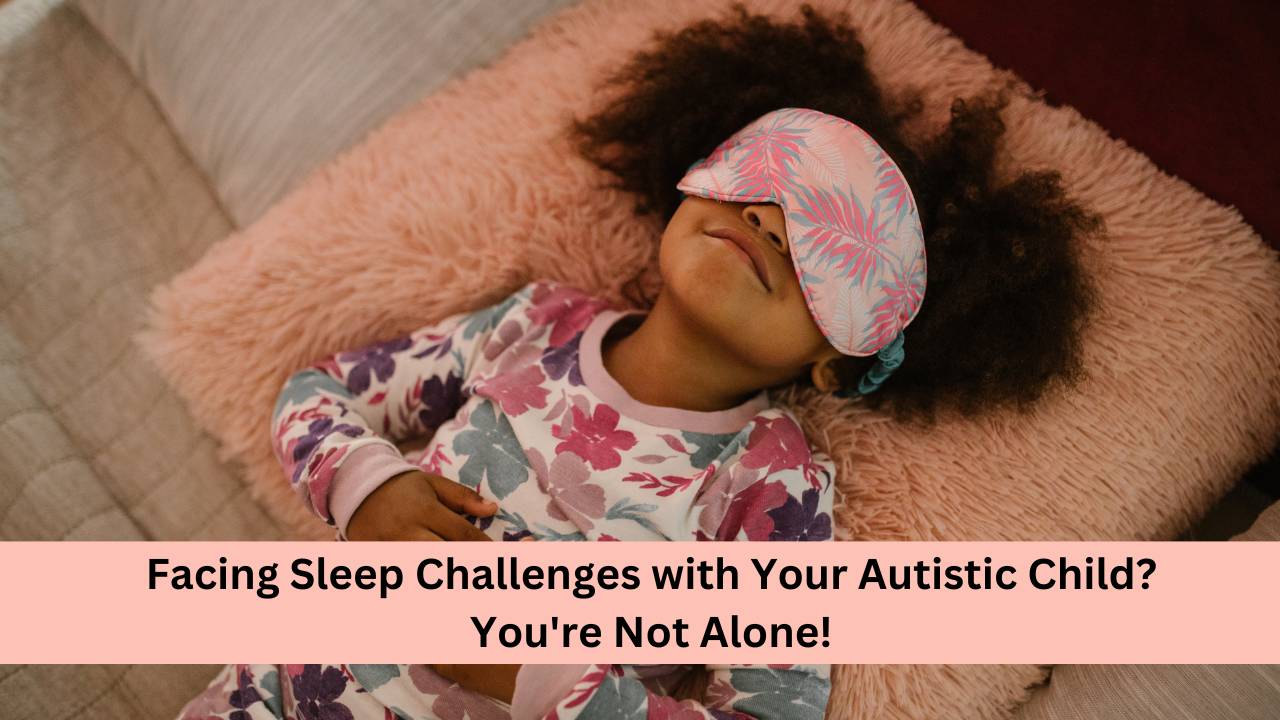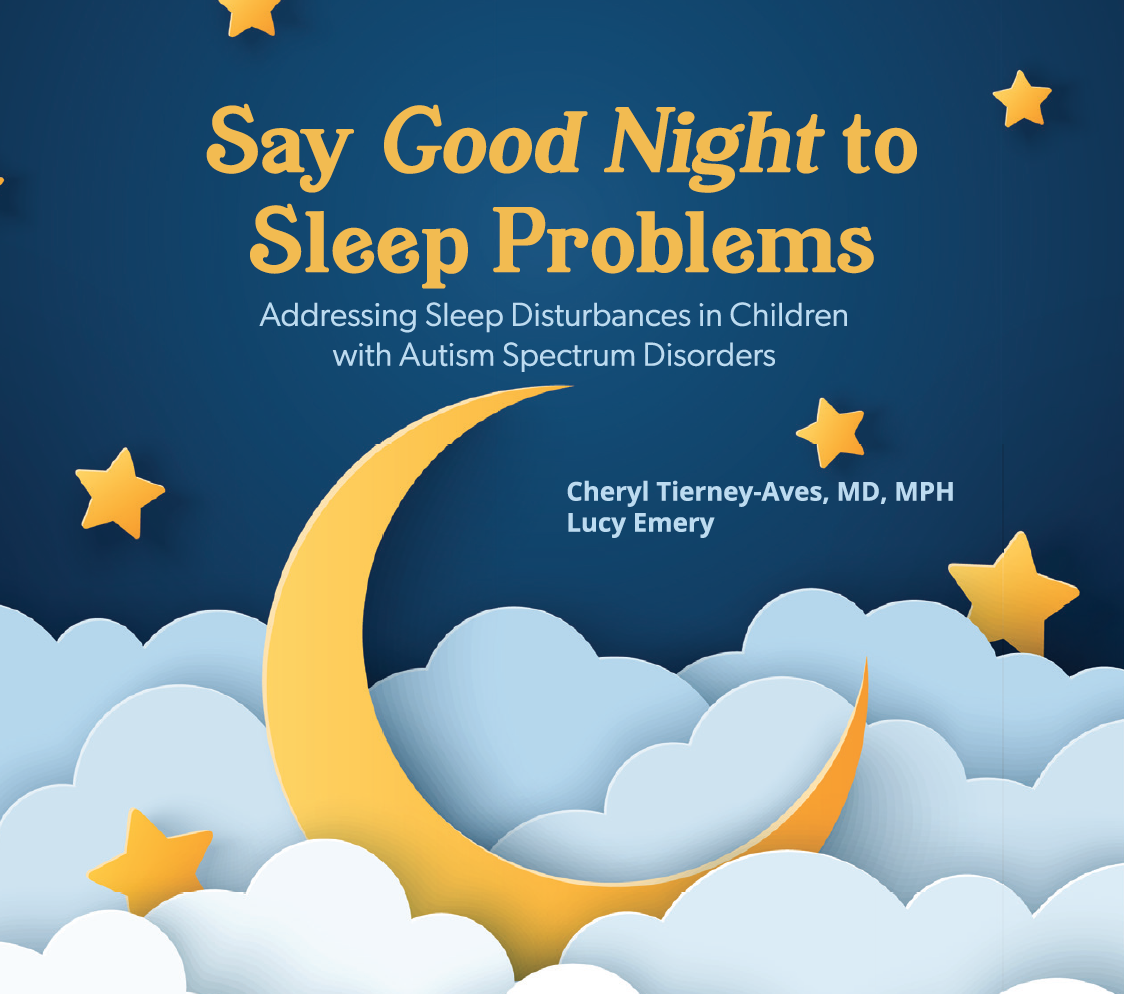Facing Sleep Challenges with Your Autistic Child? You're Not Alone!
Sep 11, 2023
Is bedtime a nightly struggle in your household? Do you find your autistic child tossing and turning, or waking up at odd hours of the night? Does your child stay awake for hours in the night, or wake up extremely early, getting everyone else up as well? Well, take a deep breath because you're certainly not alone in this journey. Sleep problems are exceptionally common in autistic children, affecting around 80% of children on the spectrum, as highlighted in a comprehensive research study (Devnani & Hegde, 2015).
The reasons behind these challenges can vary greatly from one child to another. Some might experience sensory sensitivities that make it hard for them to get comfortable or fall asleep, while others might have difficulty with transitions or communication, leading to nighttime awakenings. Others may have gastrointestinal issues, or anxiety that might contribute to their sleep disturbances.
Because the cause of sleep challenges for autistic children can vary, it's important for parents and caregivers to get to the root of the problem. If GI issues are keeping your autistic child awake at night, address those underlying issues. If anxiety is the issue, work with a psychologist to resolve those issues. If sensory sensitivities are the issue, ensure that your child has a comfortable environment to sleep in.
Dr. Cheryl Tierney-Aves is a board-certified developmental pediatrician with expertise in autism and sleep. She has more than 20 years of experience in the field of developmental medicine. Despite the underlying cause of your child's sleep issues, she suggests three sleep rules that every parent should follow:
1. Establish a short, consistent and reproducible sleep routine that happens every night before bed.
2. Avoid electronic devices including TV, computers, phones and tablets 60-90 minutes before bedtime
3. Sleep in your bed only, and use your bed only for sleep. Do not let your child frequently fall asleep on the couch or in a parent's bed.
Dr. Tierney-Aves and her medical student, Lucy Emery, wrote an article for Autism Advocate Parenting Magazine on this very topic. They expand on their bedtime rules and also give "tired parents" strategies to get their child to minimize sleep challenges.

Understanding and addressing the unique sleep challenges that come with autism can be a game-changer for your child's well-being. So, if bedtime has become a nightly battle in your household, know that there's a community of parents facing similar struggles, and there are experts who are ready to offer guidance and support.
Access Dr. Tierney-Aves and Lucy Emery's article in our article directory by clicking here.
Stay connected with news and updates!
Join our mailing list to receive the latest news and updates from our team.

